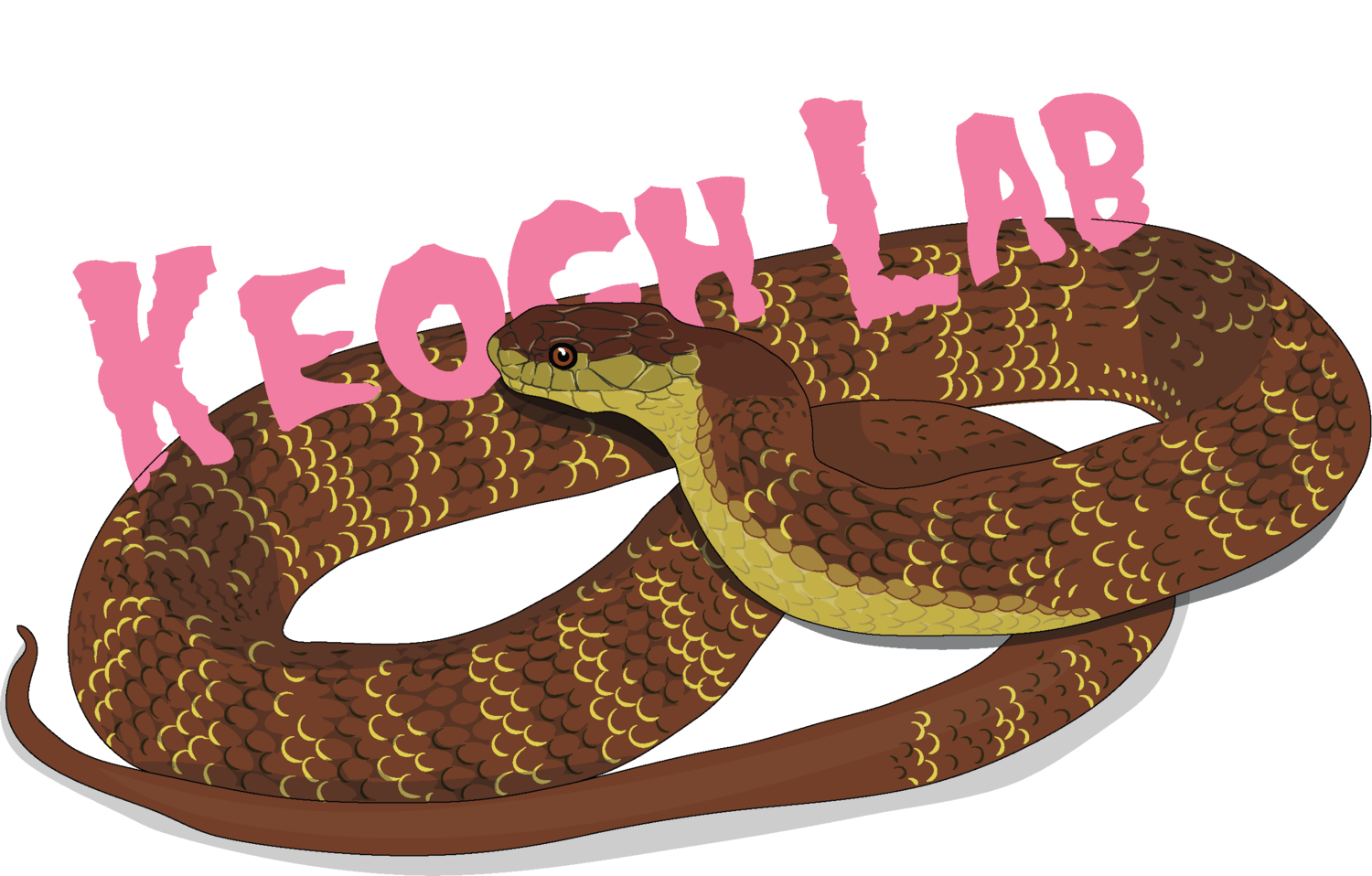Some Advice for Postgraduate Students from Scott Keogh
Go for the total package - learn how to write, speak, teach, get grants and play well with others. This will serve you well in whatever you end up doing.
Be a scholar, stay up to date on your research. Sign up for email alerts to all the journals you should be reading.
Get some teaching experience.
Go to meetings and conferences and present your work in talks and posters. It is important to get to know the players in your field and to interact with them.
Be active in your professional societies, many have roles that students and postdocs can play.
Go to all your departmental seminars.
Get as much public speaking experience as you can through giving informal talks, formal seminars and teaching.
Publish your research results - if you don't write it, you didn't do it! Besides, publications are very important for your long-term career.
Publish your research results early and often. Space your writing over the entire course of your graduate work, don't try and do everything at the end.
Learn how to convey your research results to a lay audience, write a popular article about your research and give talks to amature societies.
Follow through on your good ideas, remember that only completed projects count.
Be a critical and independent thinker, don't believe everything you hear or read. Your supervisor knows a lot, but not everything.
Be active in your department to gain experience, but not too active. Remember that the main reason you are there is to do research.
Apply for grants. The skills you acquire will be invaluable later on.
Get to know your fellow graduate students well and take all the opportunities you can to talk about science - they are your current and future scientific peers.
Be dedicated to your project and don't waste time.
Get experience in giving constructive criticism and participating in your field - ask your supervisor to give you manuscripts to review or once you have published a few papers yourself, tell the editors of professional journals that you are interested in reviewing manuscripts for them.
Go to "how to" workshops on writing, teaching, grantsmanship, stats, computer skills and so on. These new skills can save you tremendous amounts of time in the long run.
Be a bibliophile, build a PDF library of research papers in your field and keep it up to date and well organised. Learn now to use a bibliography program and enter all your papers into it. Nothing makes writing research papers easier than having a well organised library at your fingertips.
Be active in journal clubs or scientific discussion groups, many people learn more from these than from their supervisors or any other aspect of their more formal teaching experiences.
Be highly organised and have a simple and efficient filing system.
Be a good correspondent, we all hate not hearing back from people in a timely manner.
Save all your correspondence (including emails) both received and sent and keep it well organised. You will be surprised how often you need to refer to old emails.
Be a good collaborator because we all hate dealing with bad collaborators. This means doing what you say you are going to do and if you can't, be honest about it sooner rather than later.
Talk about your ideas with others.
Be thankful of constructive criticism, don't let it hurt your feelings. You will have to deal with criticism your entire professional life, so learn how to deal with it in a positive way. Remember, constructive criticism is meant to be constructive - they are trying to make it better!
Don't be afraid to seek out help and advice when you need it and from whatever source you think might best be able to give it. We all need help and the outcome will always be better for having received it.
